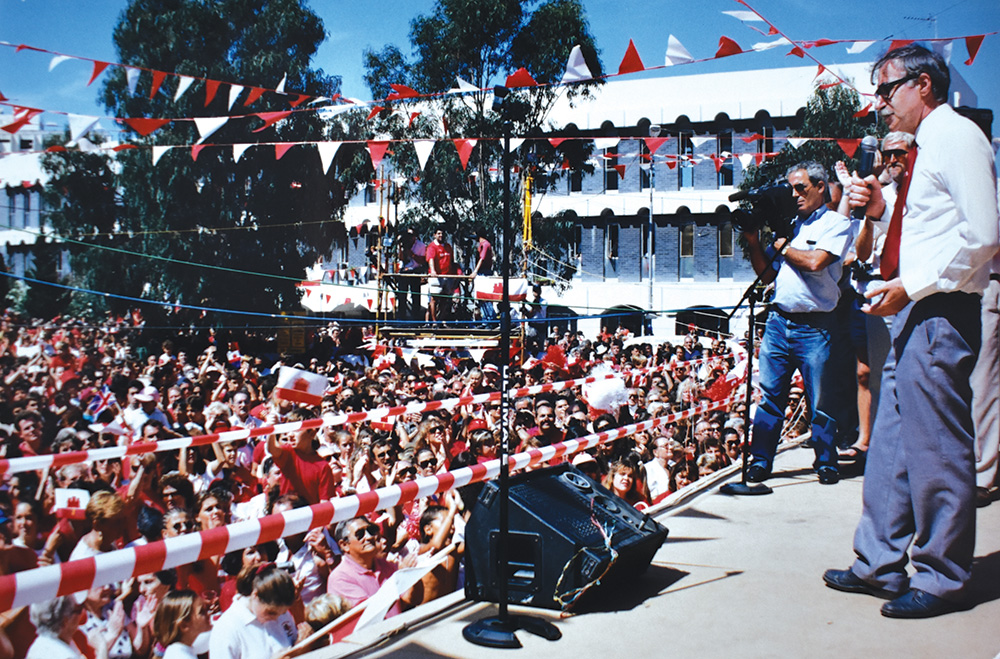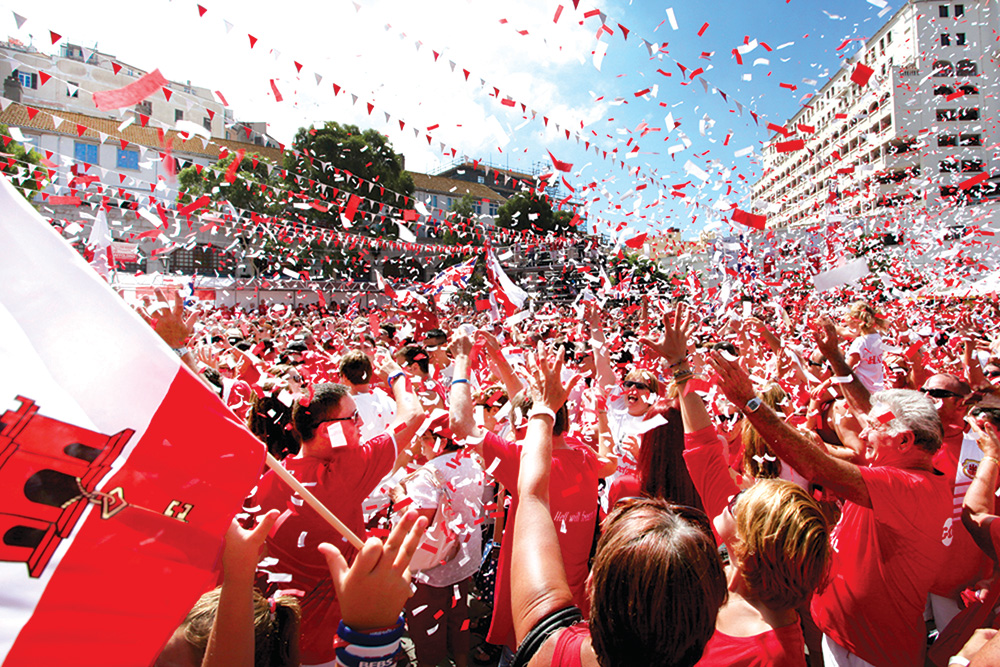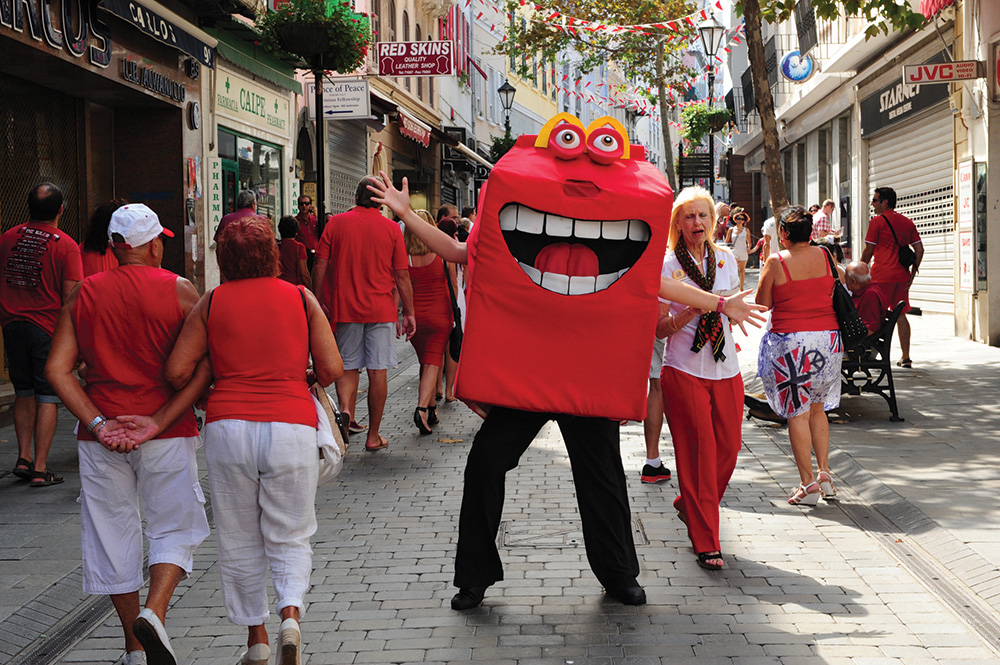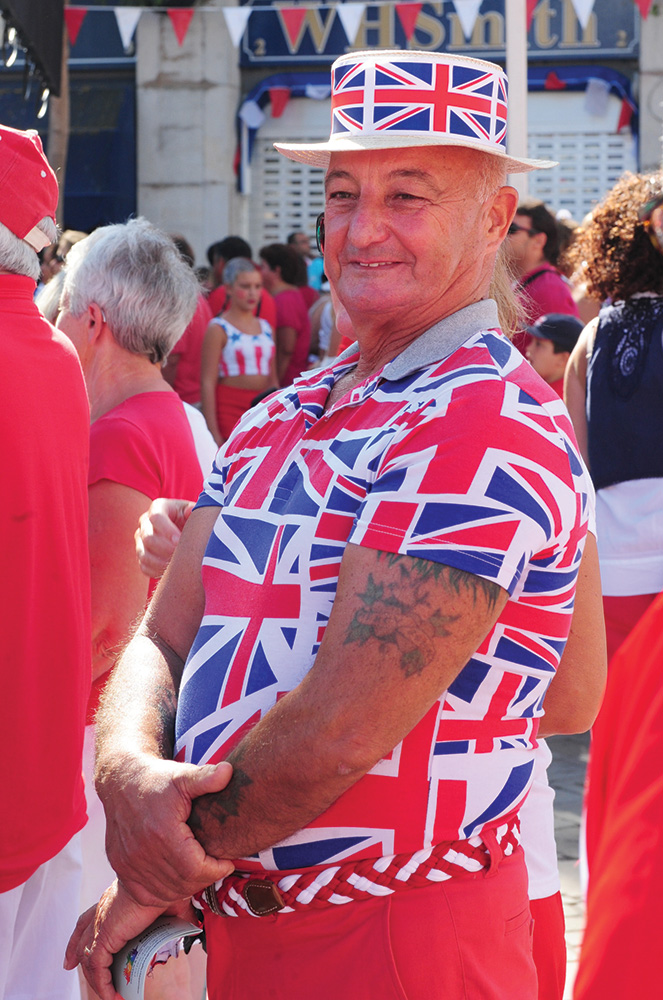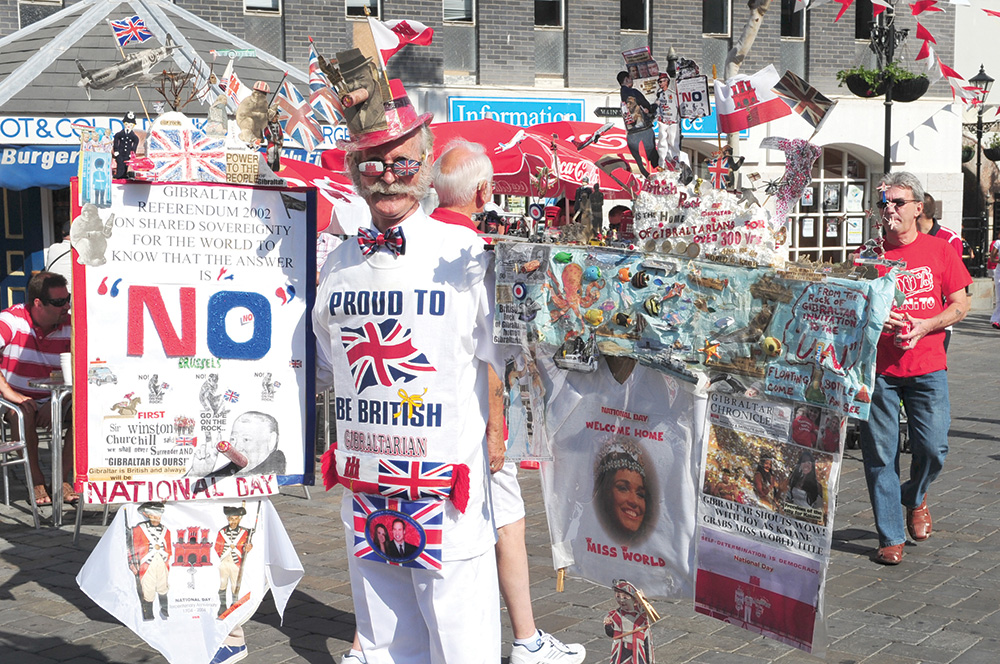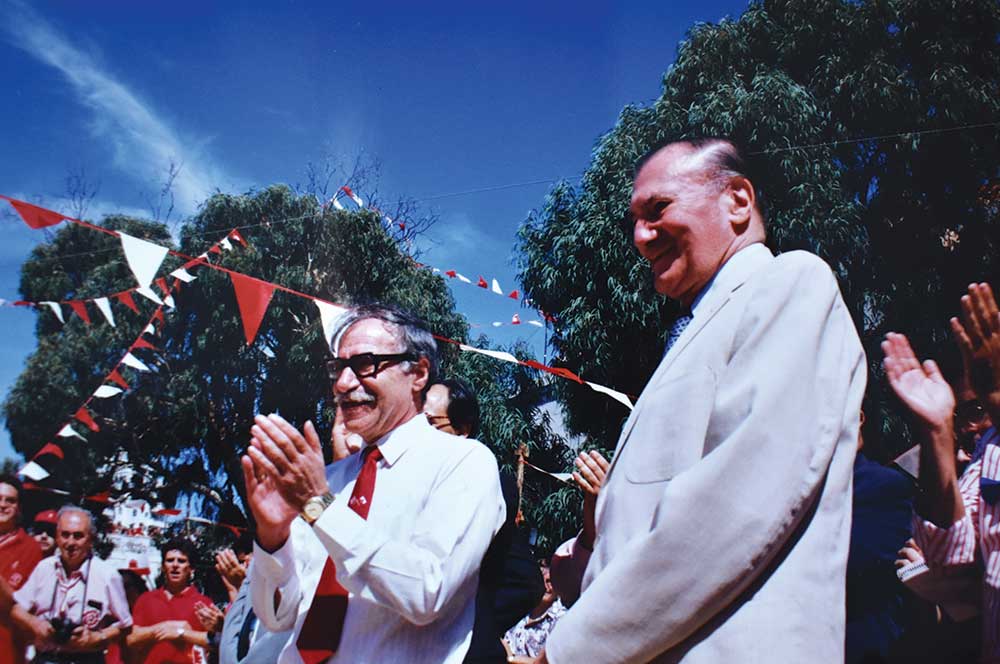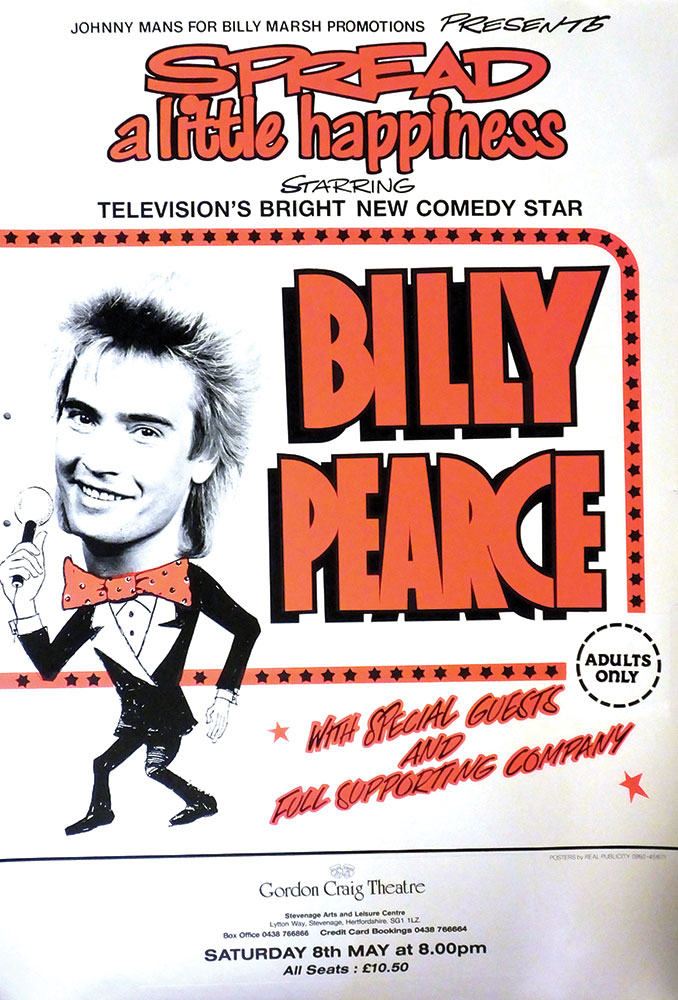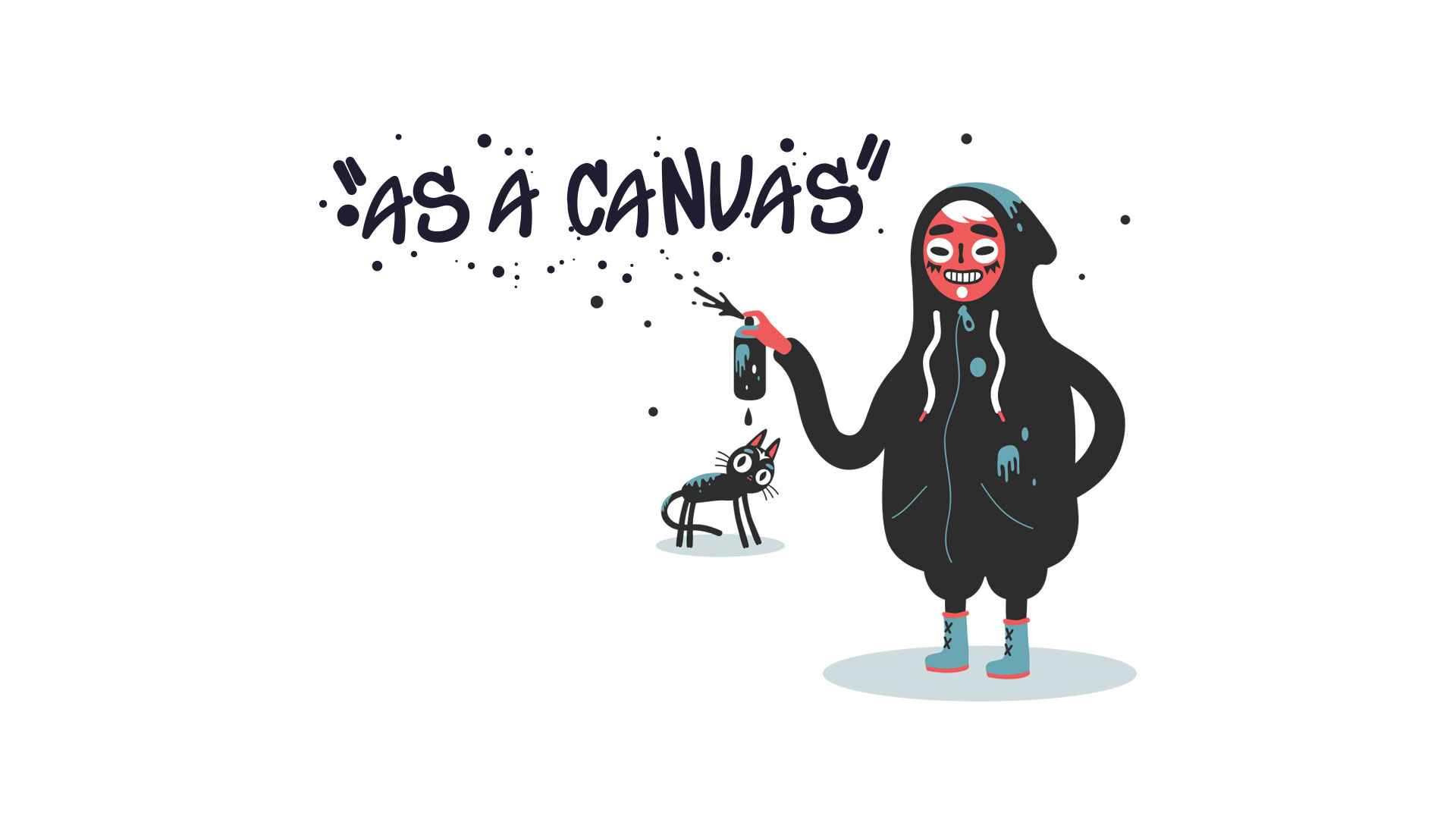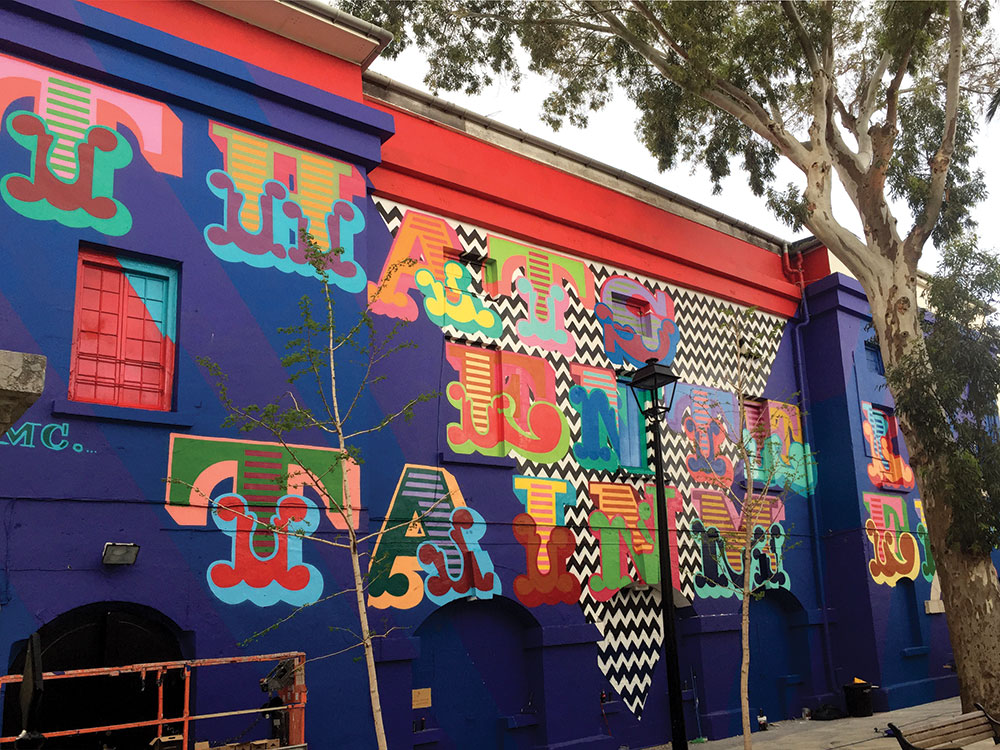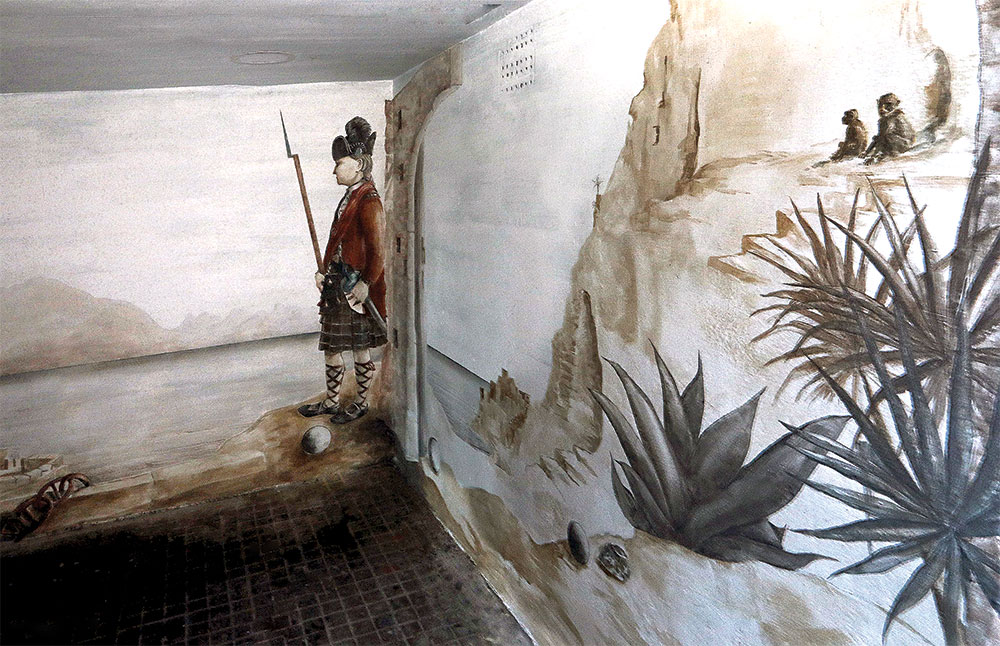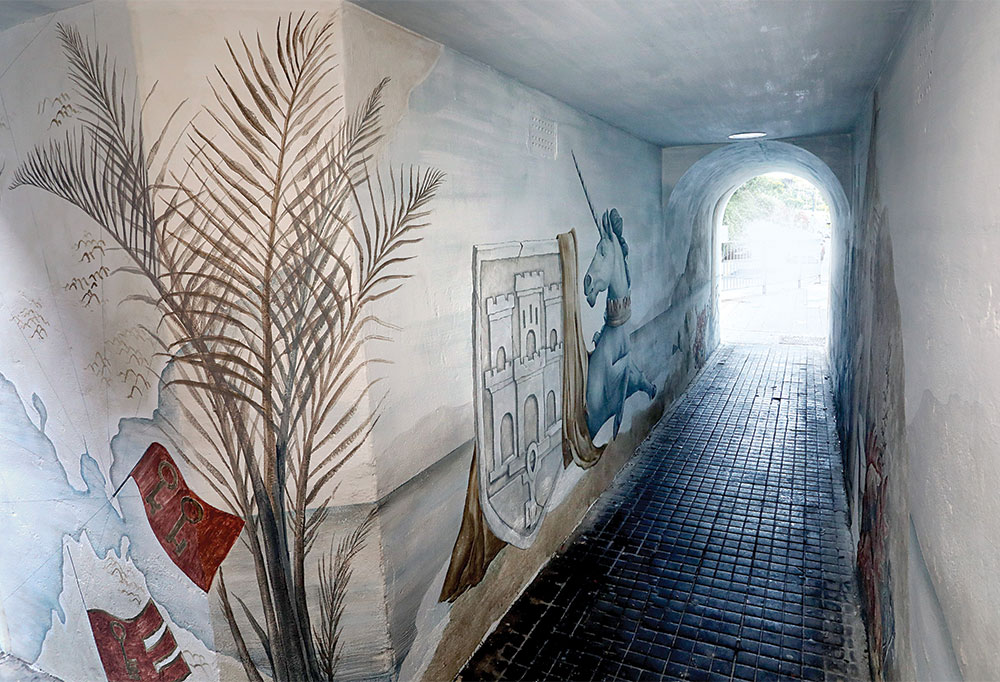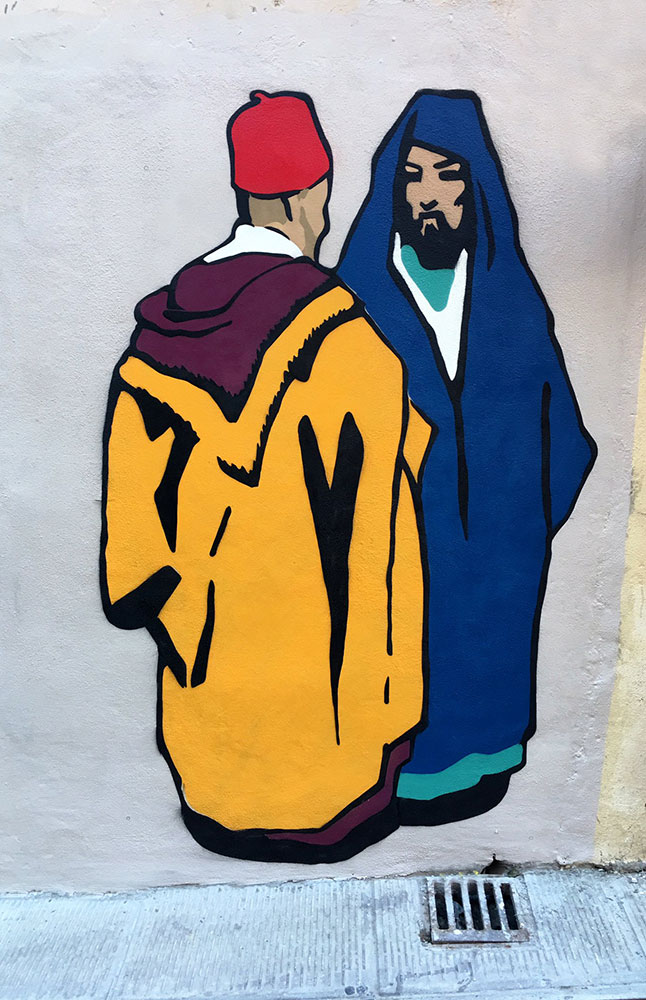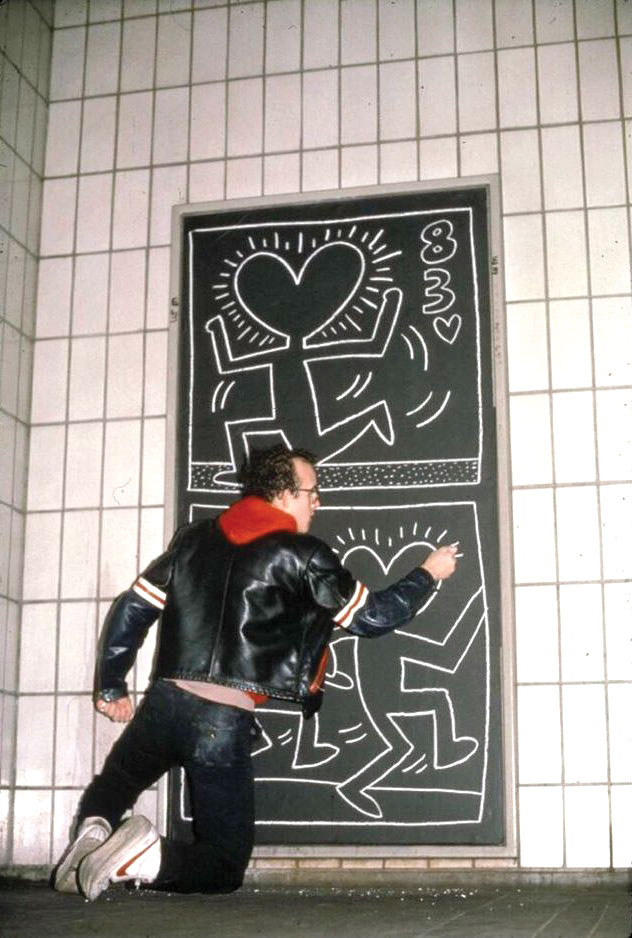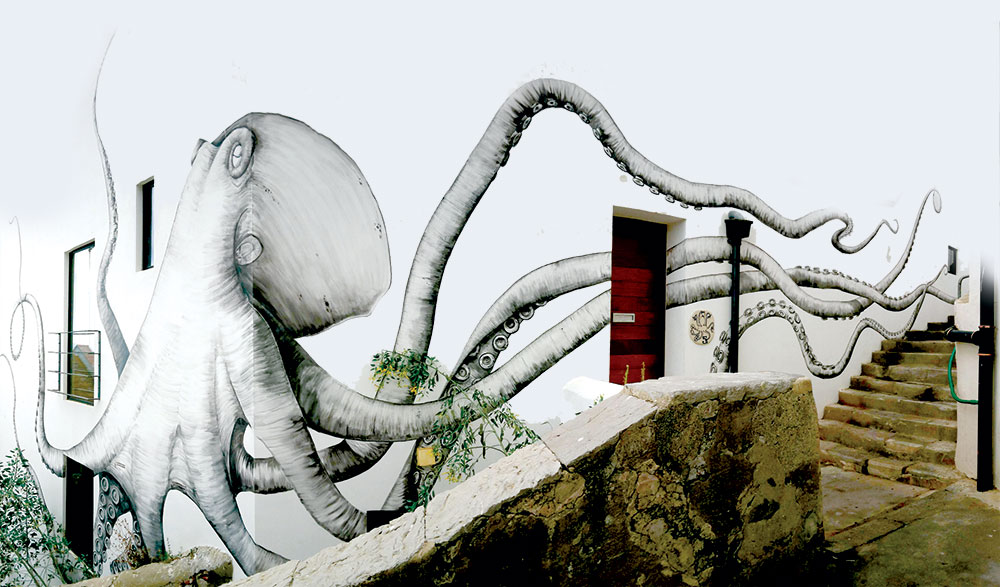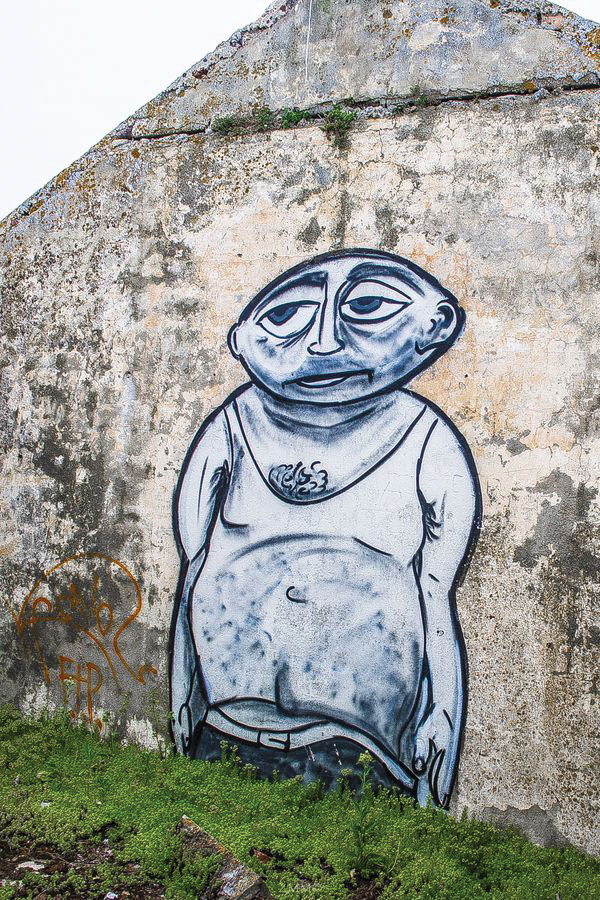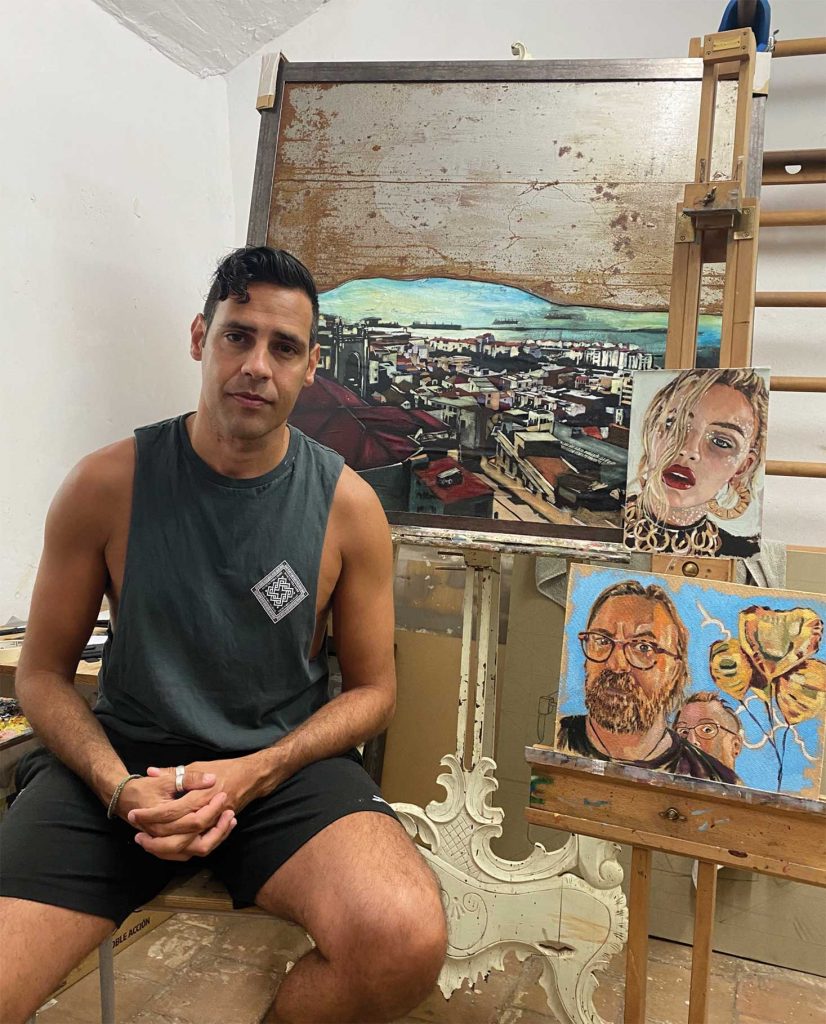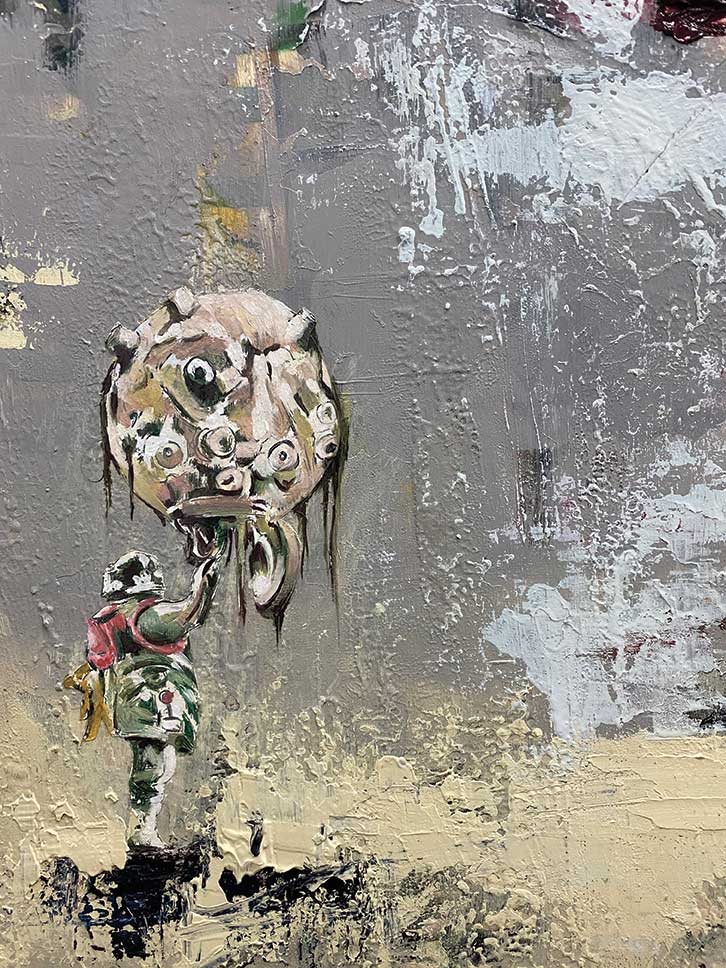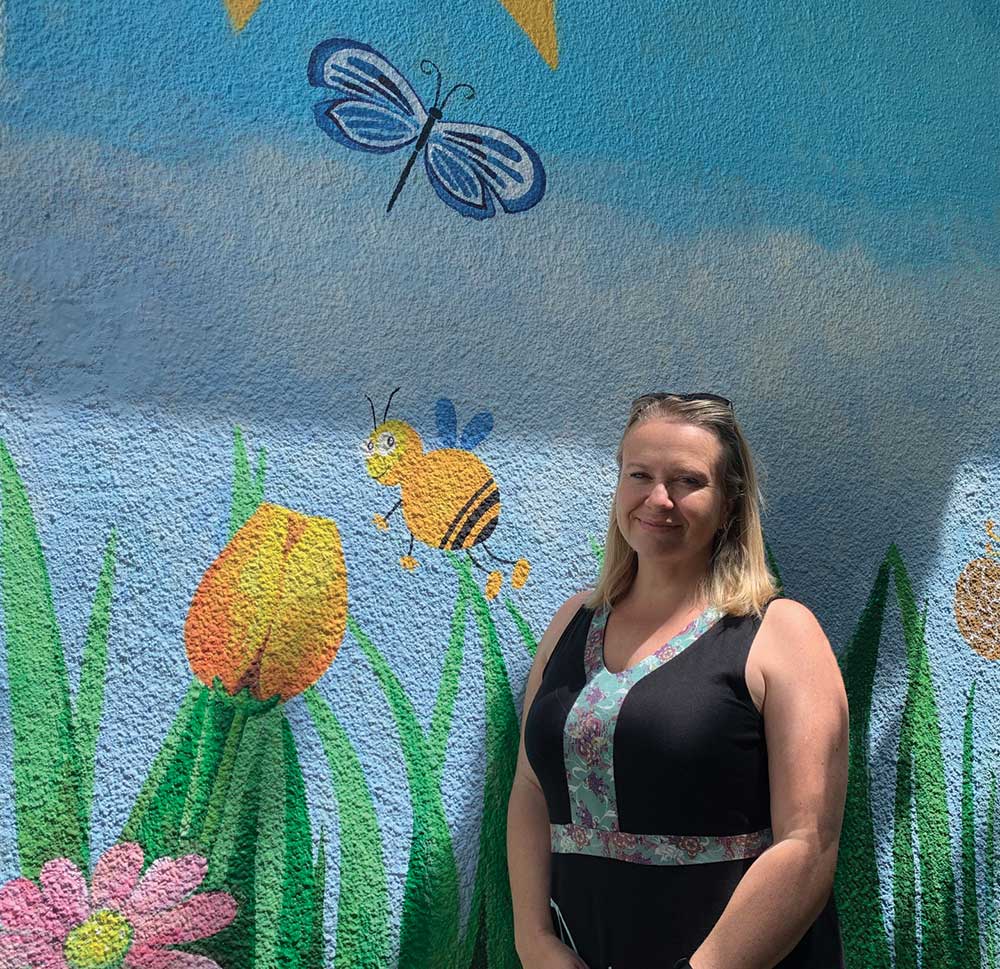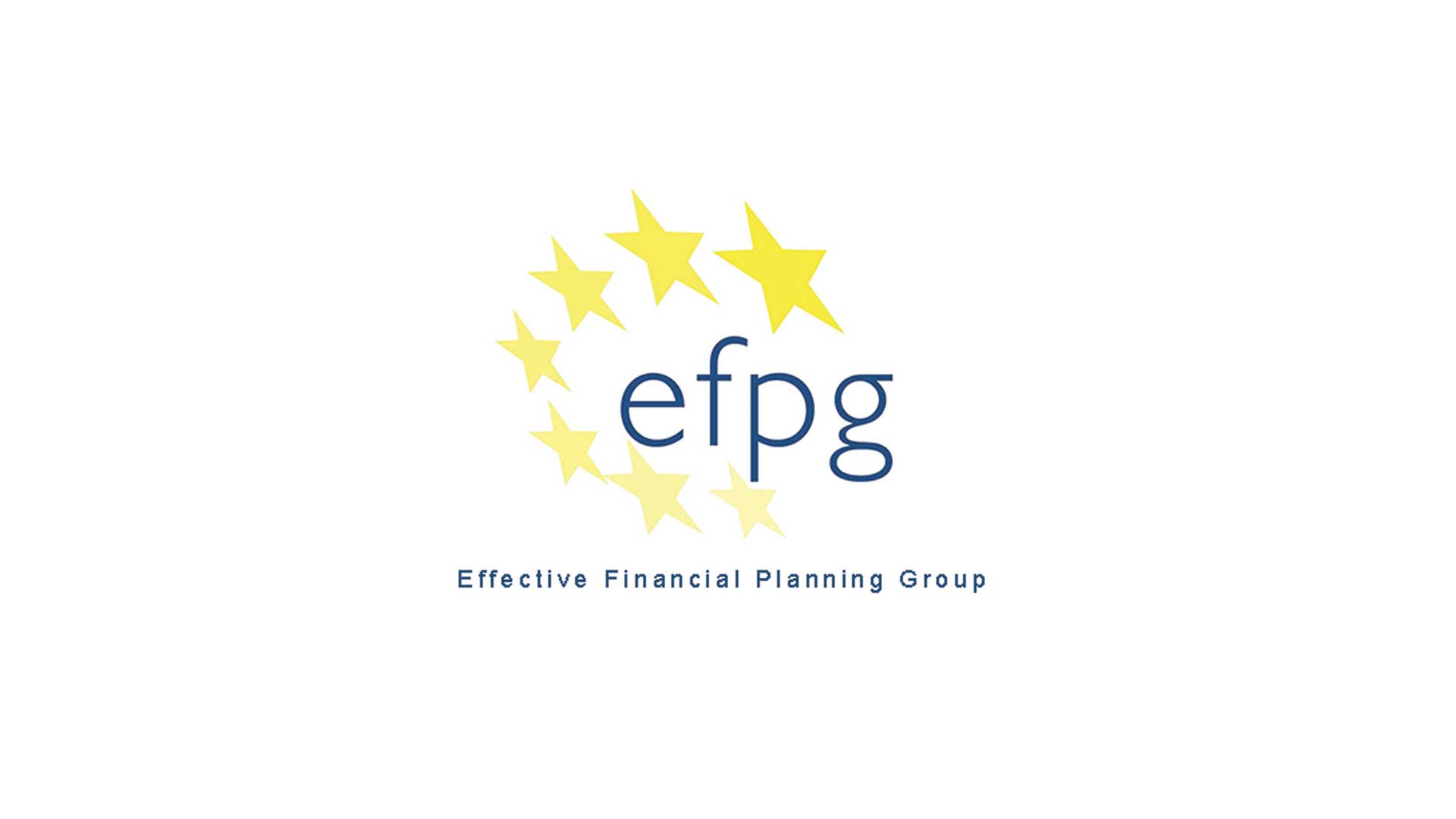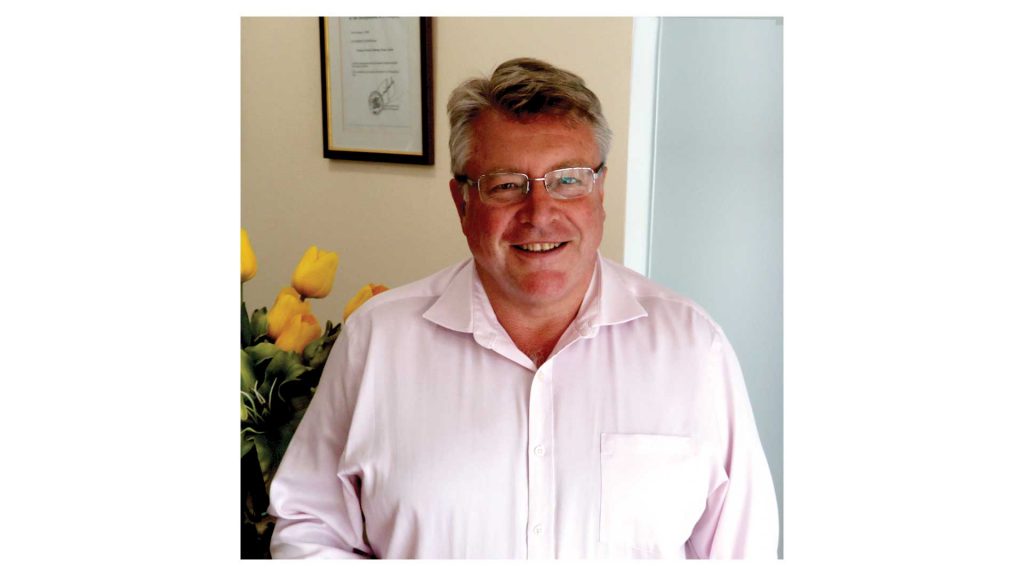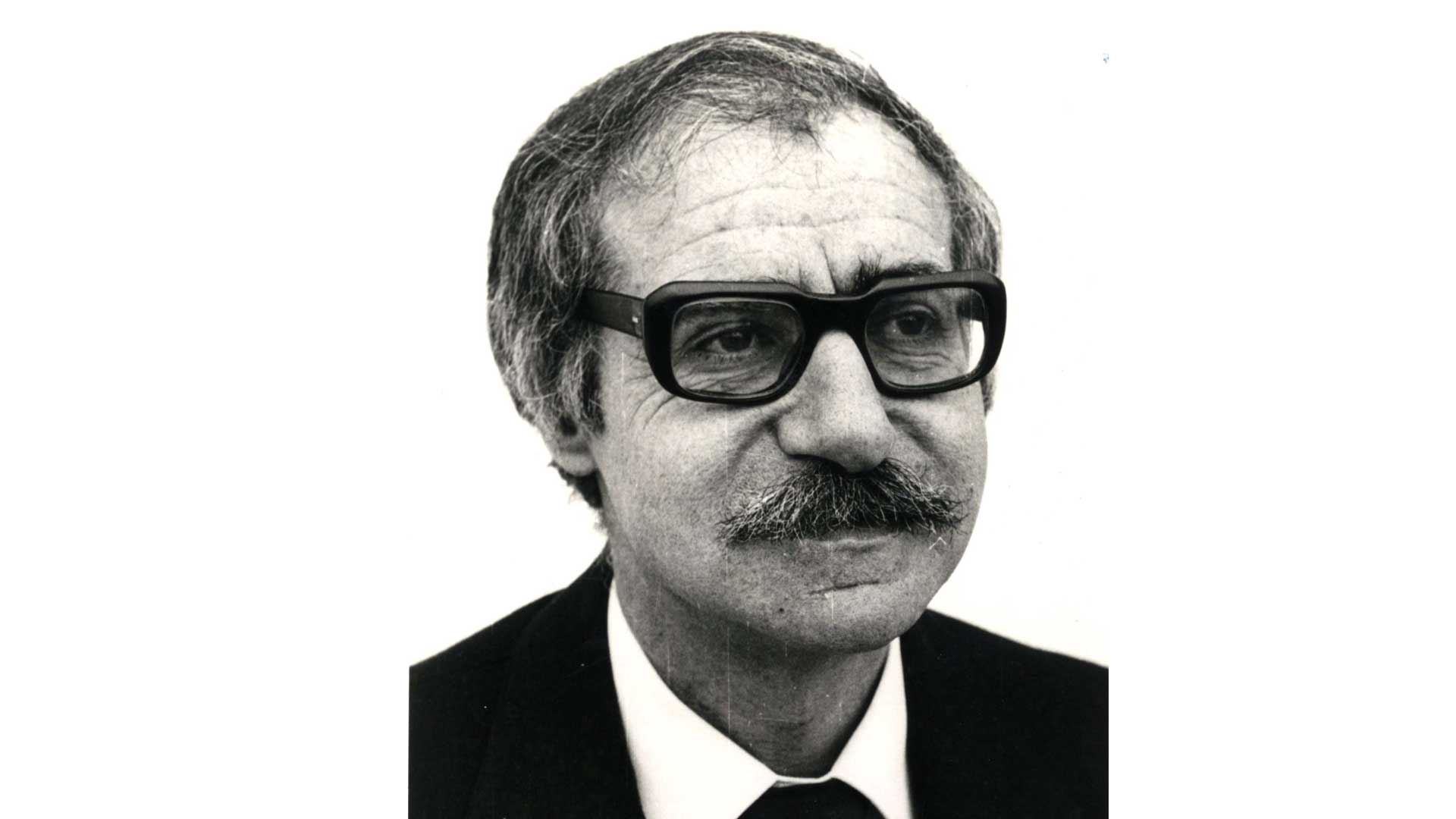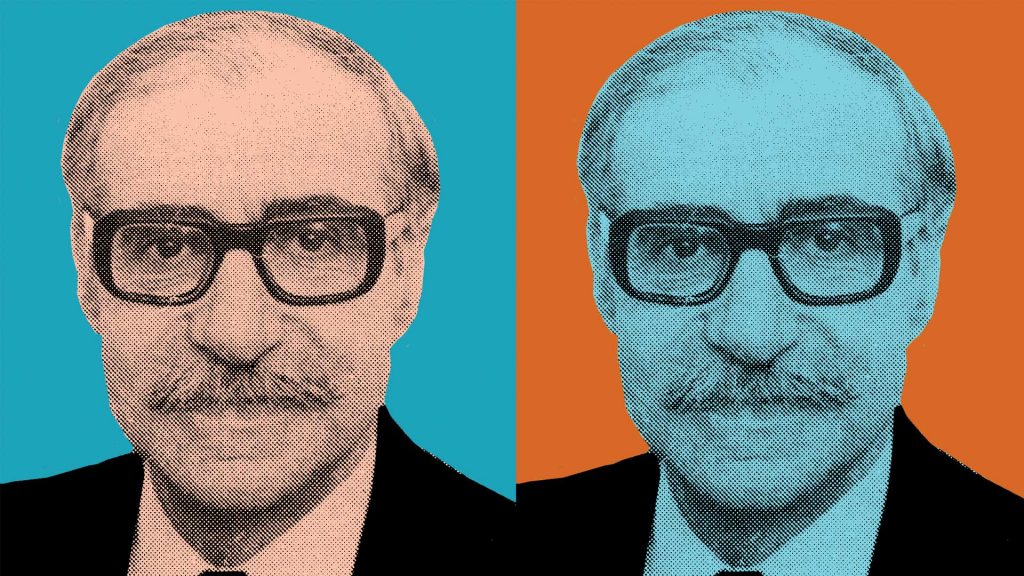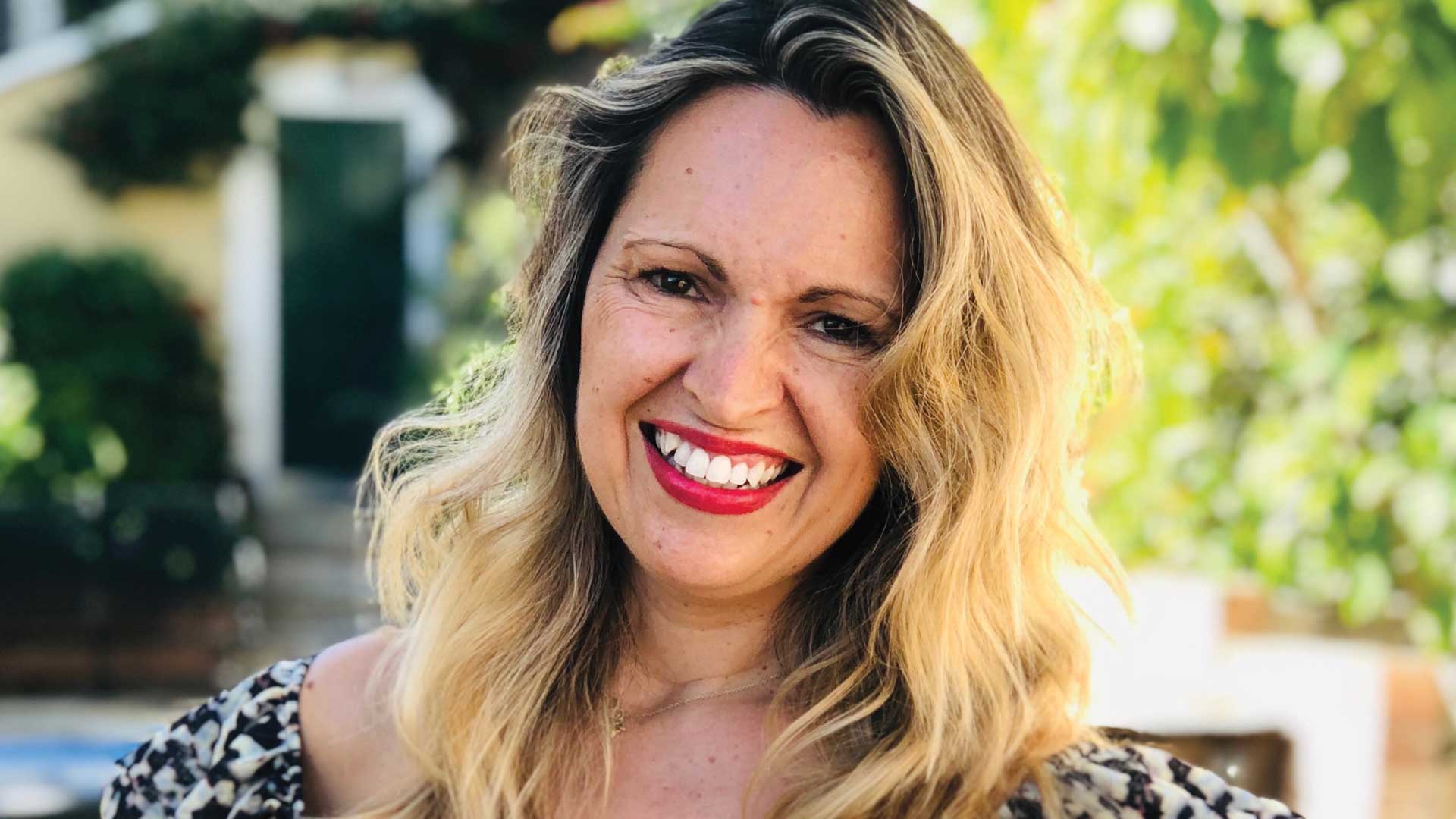Irish on Rock
There has been an Irish presence for many years, noticeable by the fact that one of the main streets here is named Irish Town. Although the origins of the name is sometimes in dispute, it is thought that the original Irish residents were women immigrants who came to Gibraltar in late 1727 and early 1728 to provide company for the troops stationed in the military barracks that formed part of the compound where the lower military Irish ranks were housed.
With a strong community of Irish people living and working on the Rock, we find out what brought four Irish expats to Gibraltar and ask them about their impressions of their new home.
Michelle Lawler

I was born in Carlow in the South East of Ireland and came to Gibraltar from Scotland to work as a physiotherapist on a two year contract. I had always wanted to live in the sun and I actually didn’t know anything about Gibraltar, but because the qualifications you get in the UK are equivalent to here I applied for the job not thinking I’d get it – and here I am almost two years later. Although I am unsure if my contract will be extended, I hope I will be able to carry on working in Gibraltar because I have liked it since I first moved over; one of the reasons being is that the team I work with are really welcoming. If there is one thing that I would miss most about living here it would be the work/life balance. The weather is so fantastic you can go out after work, especially in the winter, unlike the north of Scotland where it gets pitch black at 3 o’clock and all you could do was come home from work and cuddle up on the couch.
On the day of my arrival in Gibraltar, I went to Morrisons wearing my Carlow county GAA football shirt. A guy stopped me in the aisle because he recognised the shirt (he played for the Gibraltar Gaels) and he then introduced me to other Irish expats. There is a strong Irish community here and if I ever feel really homesick even just talking in the same accent to them gives me a sense of being at home.
One of the things that appealed to me when I came over was the proximity of Spain. At weekends I am always keen to find new places to visit and recently I celebrated my birthday with two friends by taking the bus to Torremolinos and staying in an Airbnb. Recently I came across a Facebook page offering random adventures and I joined a group that regularly take part in different activities, including scuba diving in Gibraltar and a sunset sail in Sotogrande.
When I first moved over, people told me that I would either love Gibraltar or hate it because it is such a small place and it can feel confining. Carlow is the second smallest county in Ireland and it also has a very small town where everyone knows each other, so it has a real sense of community, and I think that is why I like Gibraltar so much, because it is a bit like home.
John Paul Thornton

Originally from the countryside surrounding Belfast, I came over to Gibraltar eight years ago previously having moved around quite a bit, going from Scotland to France and then to London, and I lived with my wife in Blackpool for thirteen years where she was a nurse. I was a photography student, but I now work for Image Graphics and in my spare time I play with the Gibraltar Gaels football team. We train on Wednesday nights in Devils Tower Camp training ground and we compete against teams from the Costa del Sol and Sevilla. Sport always brings expats together, and although people may support different teams within the English Premier League a group of us meet up quite regularly to watch games, often at The Liffey Sports Bar in La Linea. I am also part of an Irish Folk group in which I play the mandolin, guitar and the bodhrán, an Irish drum, performing in Gibraltar as well as along the coast. There was an influx three or four years ago of Irish coming to live in Gibraltar, so there is a big Irish community here now.
What I love about Gibraltar is the weather – you don’t have to go on holiday to be on holiday – and you can get out of work and go straight to the beach. The people are very friendly, and the food is really good and as I am a big lover of wine and cheese that helps as well.
I don’t think I would ever move away – it would have to be something really disastrous for that to happen. My wife and I got married during our time here and our daughter was born here, she is coming up to her fourth birthday now, so she is well settled down and I like my life in Gibraltar.
Niall Durnin

I come from Dundalk, half way between Dublin and Belfast just on the border, so I am used to borders! Having worked in the gaming industry in Dublin, I had always been interested in coming to Gibraltar and whilst on holiday in Spain a good few years back I spent a couple of days here with my wife, who is also Irish. When the offer of a job came along with a good salary and an attractive lifestyle, I realised that I didn’t want to go back to work in the city and the size of Gibraltar appealed to me.
We live in Gibraltar and it is nice to be able to walk to work every day instead of commuting, it makes a big difference, and although I only came for a year or two, I am still here five years on with no plans to return home.
There were no St. Patrick’s Day celebrations in Gibraltar this year and the Irish community would normally meet up then or if there was a big football game on, but I am mindful of not getting sucked into an Irish expat bubble because otherwise I wouldn’t get to meet people from other nationalities. We know the bars and restaurants to go to if we want to meet up with other Irish expats.
Apart from the weather, I like the size of Gibraltar. It is just easy to get around and because I am from a small town it is not a shock that everything is not available that you may find in a big city, and you don’t miss what you never had, so although the pace of life is a bit slower, it is a bit like Ireland where everybody knows each other.
The ease of access to Spain is something that I like, especially as I play in a golf society, but more often than not we like to spend our weekends in Gibraltar and we enjoy going out to eat a couple of times a week. Gibraltar has the advantage of being English speaking and we have met lots of nice people here, with many of our friends being Gibraltarian, and after five years I may not be a local yet – but I am getting that way.
Sean Mullan

I like to describe myself as a bit of a ‘crisp packet in the wind’! I was living in Liverpool before I decided to move here, but I have never really stayed in one place for very long and I create my family wherever it is in the world that I am. I was born in Belfast and it was a new adventure to come to Gibraltar where I have found a sense of community and inclusiveness with friends, work colleagues and locals, and this has encouraged me to stay and build a life in Gibraltar.
I have been working here in the gaming industry for the past two years, and no matter where I have worked there has always been an Irish contingent. We just sort of gravitate to each other because it is a little bit of home, so if I go out with work friends there will always be some Irish expats within that crowd.
Gibraltar is a lively place with a vibrant night life and great restaurants and bars and I try and get in on that as much as I can. I have a friend called Paddy who lives in Gibraltar and we meet in Irish Town, we dress in green and we make our way over to O’Reilleys for a beer and we always have a great craic, just as we would as if we were back home.
I do like to see the world and I have done a great deal of that already – but I have found such a sense of community in Gibraltar that even if I had to stay here for the rest of my days it wouldn’t be such a bad thing. Everyone is so nice and because most of the Irish expats are in the same boat we have a common understanding of taking care of each other and making sure that we spend time together, because if you are here by yourself you have got to make your family your friends and your friends your family.






